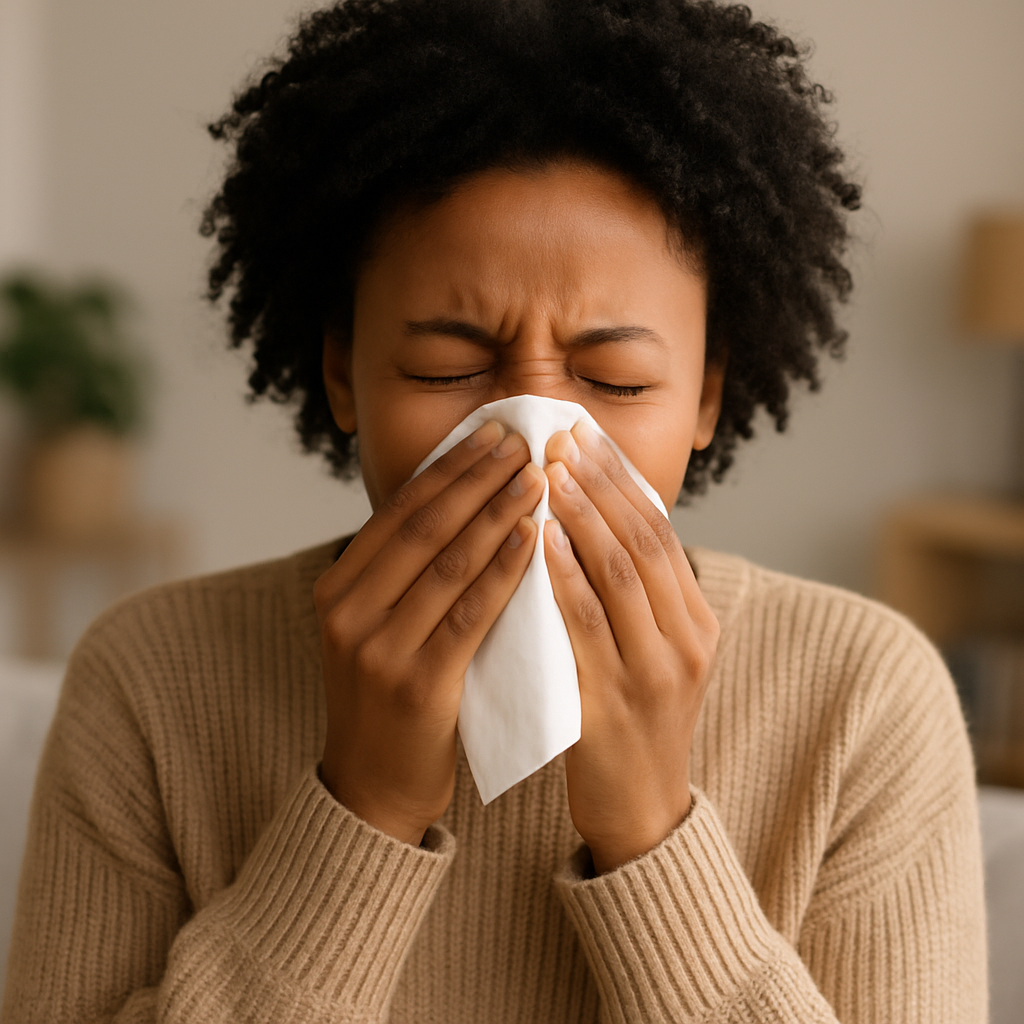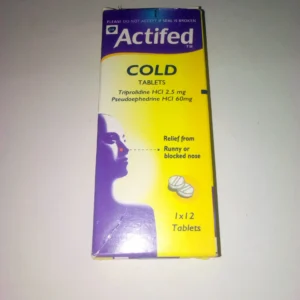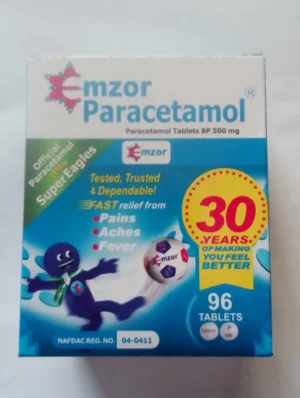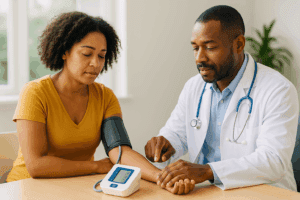Cough & Common Cold: Simple Advice to Help You Feel Better

Please note: This article gives basic advice only. We don’t recommend self-diagnosis. Please chat with one of our pharmacists online — we’ll help you figure out what’s really going on and what medicine is safest for you.
Contents
- What is a common cold?
- Common types of cough and cold symptoms
- A. Blocked or runny nose
- B. Dry cough (tickly throat)
- C. Chesty cough (with mucus)
- D. Sore throat or hoarse voice
- E. Sneezing or allergy-like cold
- When to see a doctor
- Medicine safety tips
1. What is a common cold?
The common cold is a mild infection caused by a virus. It’s something almost everyone experiences from time to time.
You might notice:
- A runny or stuffy nose
- Coughing or sneezing
- A sore throat
- Feeling a little weak, hot, or tired
Colds usually go away on their own in about a week. There’s no quick cure, but you can take steps to feel better faster.
Start with these simple steps:
- Get plenty of rest
- Drink fluids like water, tea, or juice
- Eat light meals if you don’t feel hungry
- For fever or body aches, take Paracetamol
- If you have pain with swelling or inflammation, you may use Ibuprofen (avoid if you have stomach ulcers or kidney issues)
2. Common types of cough and cold symptoms
A. Blocked or Runny Nose
How it feels: You may find it hard to breathe through your nose, have a runny or watery nose, or feel pressure around your forehead and cheeks.
What to do:
- Steam inhalation or warm shower can clear your nose naturally.
- Use a saline spray or drops to help open up the nose.
- You can also take cold tablets that contain a mild painkiller and a decongestant to help unblock your nose.
Recommended medicines:
B. Dry Cough (Tickly Throat)
How it feels: You have a constant urge to cough, but nothing comes out. The cough may get worse at night or when you lie down.
What to do:
- Drink warm water or tea with honey to soothe your throat.
- Use a cough syrup that calms the cough (these are called “dry cough syrups”).
- If allergies or a runny nose are making you cough, try an antihistamine.
Recommended medicines:
C. Chesty Cough (With Mucus)
How it feels: You cough up thick or sticky mucus (phlegm), your chest feels heavy or tight, and breathing may feel a bit harder.
What to do:
- Drink lots of water to thin the mucus and make it easier to cough out.
- Take a cough syrup that helps loosen phlegm (these are called “expectorants”).
- Sit upright and avoid lying flat — it helps you breathe better.
Recommended medicines:
If your cough is lasting more than 2 weeks, or if you’re coughing up green, yellow, or bloody mucus, please see a doctor.
D. Sore Throat or Hoarse Voice
How it feels: It hurts to swallow, your throat feels scratchy or dry, and your voice may sound weak or rough.
What to do:
- Gargle with warm salt water to calm the throat.
- Lozenges can soothe irritation.
- Take Paracetamol for pain or fever.
- Avoid shouting or talking too much until it heals.
Recommended medicines:
E. Sneezing or Allergy-Like Cold
How it feels: You sneeze often, your nose runs like water, your eyes itch, and you might have a mild cough from throat irritation.
What to do:
- Take a non-drowsy antihistamine like Loratadine or Cetirizine.
- Use saline drops to clean out your nose.
- Keep your room clean and dust-free, and change your pillowcases often.
Recommended medicines:
3. When to See a Doctor
See a doctor or chat with a pharmacist if:
- Your fever lasts more than 2 days or gets worse.
- You have chest pain, shortness of breath, wheezing, or dizziness.
- You’re coughing up green or bloody mucus.
- You have a baby under 3 months with a cold or fever.
- You have a long-term condition (like asthma or diabetes).
4. Medicine Safety Tips
- Don’t take two medicines with Paracetamol at the same time.
(Adult limit is 4,000 mg per day — that’s about 8 tablets of 500 mg). - If you use a nose spray, stop after 3–5 days to avoid rebound blockage.
- Always take medicines as directed and never share prescriptions.
- For children, ask your pharmacist before giving any cold or cough syrup.
Final Thoughts
Coughs and colds can be very uncomfortable, but most get better on their own with rest, fluids, and the right care.
Don’t worry if it takes a few days — your body is just fighting off the virus.
If you or someone you’re caring for isn’t feeling better, or you’re unsure what to take, chat with one of our pharmacists online.
We’ll guide you through safe, affordable medicines and help you get back to feeling well.
You may also like
- A Practical Guide to Weight Management, Weight Loss, and Nutrition
- A Guide to Preventive Health & Everyday Wellness
- Women’s Health, Made Simple: A Simple Guide for Healthy Living
- Men’s Health, Made Simple: A Guide to Feeling and Living Better
- A Simple Guide to a Healthy Pregnancy: What Every Expecting Mother Should Know







